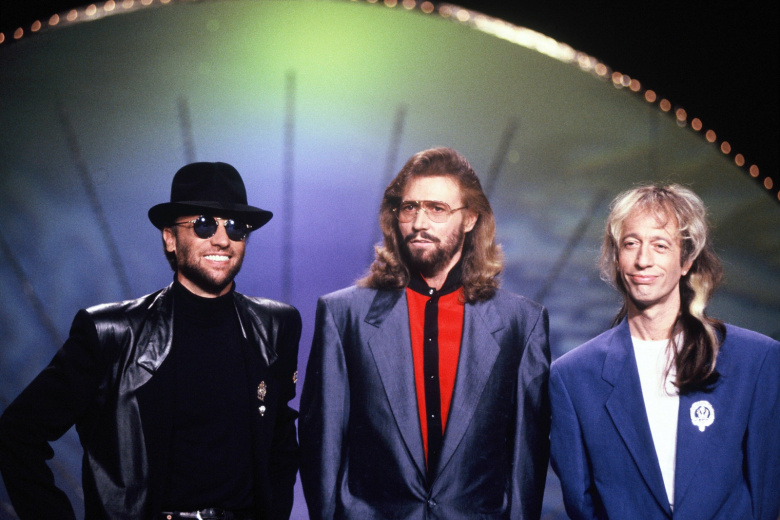
“Emotion” is the sound of longing putting on its bravest clothes—desire trying to look composed, even as the heart trembles underneath.
When you say Bee Gees – “Emotion,” you’re naming one of pop’s most fascinating “almost-Bee Gees” miracles: a record that feels like the Gibbs speaking directly to you, even though the 1977–78 hit was credited to Samantha Sang. The truth (and it’s a beautiful one) is that “Emotion” was written by Barry Gibb and Robin Gibb, recorded in April 1977 at Criteria Studios in Miami, and shaped by the same studio family sound associated with the Bee Gees’ late-’70s reign. It was released by Sang on Private Stock in November 1977, and it entered the American story quietly—debuting at No. 86 on the Billboard Hot 100 (chart date: November 19, 1977)—before steadily climbing to a peak of No. 3 in 1978.
Across the Atlantic, it had a different kind of slow-bloom romance. In the UK, Official Charts shows the single first appearing on February 4, 1978 (entering at No. 43) and eventually peaking at No. 11. These are not the “instant smash” numbers of a trend record. They’re the numbers of a song that people kept, week after week—because it sounded like something they couldn’t quite say out loud.
The story behind “Emotion” is as intimate as the record itself. According to the song’s documented background, when Samantha Sang arrived at Criteria she was expecting to record a different tune—“(Our Love) Don’t Throw It All Away”—and instead Barry Gibb offered her a brand-new song: “Emotion.” That detail matters, because you can hear the “freshly written” urgency in the melody: it’s shaped like a thought that arrives fully formed, the kind you grab before it escapes. And then there’s the most Bee Gees detail of all: Gibb provided harmony and background vocals in his signature falsetto, that high, silver thread that makes the whole track feel like it’s lit from within.
So what is “Emotion” really about? On the surface, it’s a love song—one more entry in the pop tradition of yearning. But its real subject is deeper and more universal: the ache of wanting someone while trying not to look desperate. The lyric isn’t built around grand poetic metaphors; it’s built around a single, relentless sensation—emotion—as if the singer has been flooded, and the only honest act left is to name the flood.
That’s why the record still lands with such force decades later. It captures that particular late-night state where the mind keeps rehearsing dignity while the heart keeps betraying it. You can almost feel the room: the lights are low, the phone is silent, the world is asleep—and the one person you need is nowhere within reach. The rhythm glides with a soft disco-era polish, but the feeling underneath is older than any era: the body remembers touch, the memory keeps insisting, and the voice tries to stay calm while everything inside is leaning forward.
It’s also impossible to miss how Bee Gees-coded the performance is, even through Sang’s breathy delivery. The song’s architecture—those rising phrases, the pleading lift into the chorus, the way the melody turns yearning into something nearly physical—belongs to the Barry Gibb / Robin Gibb emotional universe. In a sense, “Emotion” is a Bee Gees ballad wearing another singer’s silhouette: a reminder that great writers don’t only reveal themselves when they’re the ones at center stage.
And for anyone who wants the “Bee Gees version” in the strictest sense: the band later recorded their own version in 1994 for an unreleased project titled Love Songs, and it finally surfaced on the 2001 compilation Their Greatest Hits: The Record. That later recording is like a time capsule—three brothers revisiting a song they once handed away, proving how naturally it belonged to them all along.
In the end, “Emotion” endures because it doesn’t pretend love is tidy. It doesn’t sell romance as certainty. Instead, it honors the messy truth: that sometimes the strongest feeling in a life isn’t joy or anger or even heartbreak—it’s the longing that keeps humming after the door has closed. And when that falsetto shadow lingers behind the lead, it feels like the Bee Gees themselves are standing just out of frame, reminding you—softly, insistently—that the heart has its own weather, and it rarely asks permission before it changes.